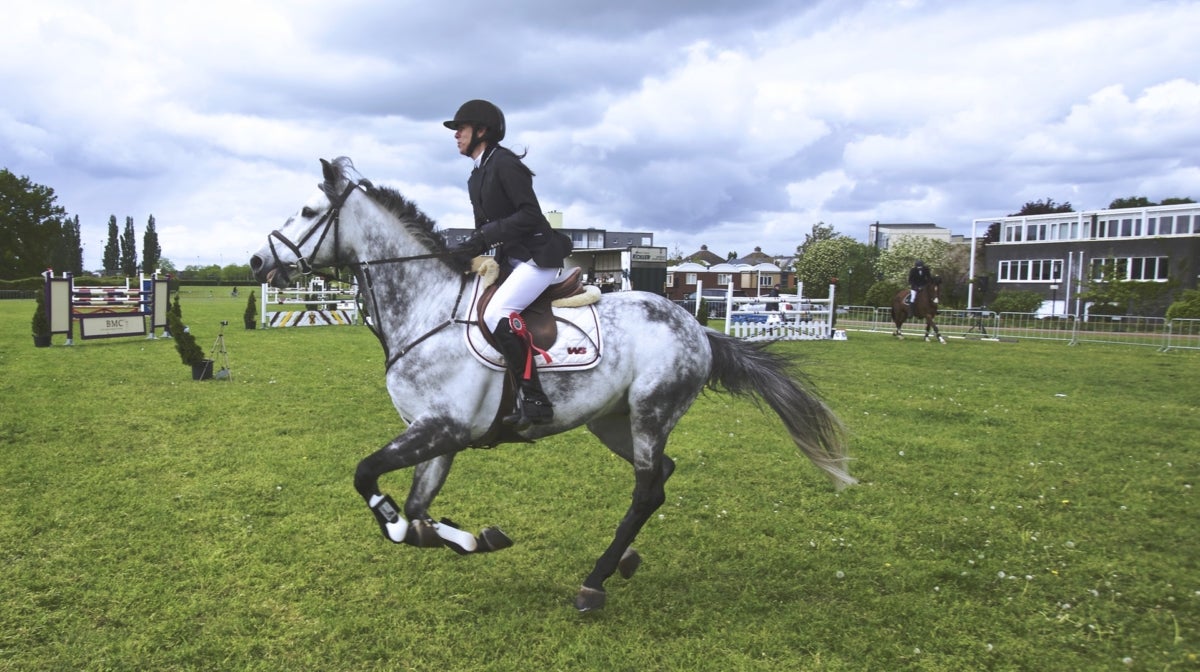6 Equine Safety Tips for #NationalEquestrianSafetyDay

It's National Equestrian Safety Day on the 24th of March, so we've pulled together the charity's top equine safety tips!
Get your helmet fitted professionally
Have your helmet fitted by a qualified hat fitter & ensure that it is up to the correct standard for your event or discipline.

Wear your helmet when handling, leading or riding
Make sure you wear your helmet whenever you're around your horse as they can kick.
If you drop it or have a fall, Replace rather than regret. Damage is not always visible. It could save your life.
Make sure you replace your helmet every 3 to 4 years and remember dropping it or allowing it to roll around in the car, for example, can cause invisible damage that might mean you're not completely protected.
Have regular lessons
Have regular lessons and improve your own fitness, so you not only feel more confident but have better core strength and reaction time.
Plus, not only will you build your riding skills, you can get slicker and tacking-up. An established instructor might pick up on any bad habits that might make you unsafe

Ensure your body protector fits correctly
Body protectors need to fit correctly to work effectively, so get expert advice. If you do have a fall, make sure it goes back into shape within 30 minutes, if not, it needs to be replaced.
Make sure you store it in a safe, dry place away from damp or where it could be stepped on (or chewed!)
Replace your body protector every 3 to 5 years to ensure maximum safety.
There need to be at least 1.5 inches between the bottom of the protector and the saddle, if it is too long it can push the protector up the neck and make it uncomfortable. Don't worry, you can test this on a chair!
Never push yourself or your horse
Don’t push your own body or your horses beyond their capabilities. Being unfit and tired can affect you both physically and mentally.
Take your time tacking, handling and schooling
Take your time tacking up, handling or schooling. Rushing your horse and yourself can lead to tension and mistakes so choose the simple option if time is tight.

Why not check out our other equestrian blogs here?








